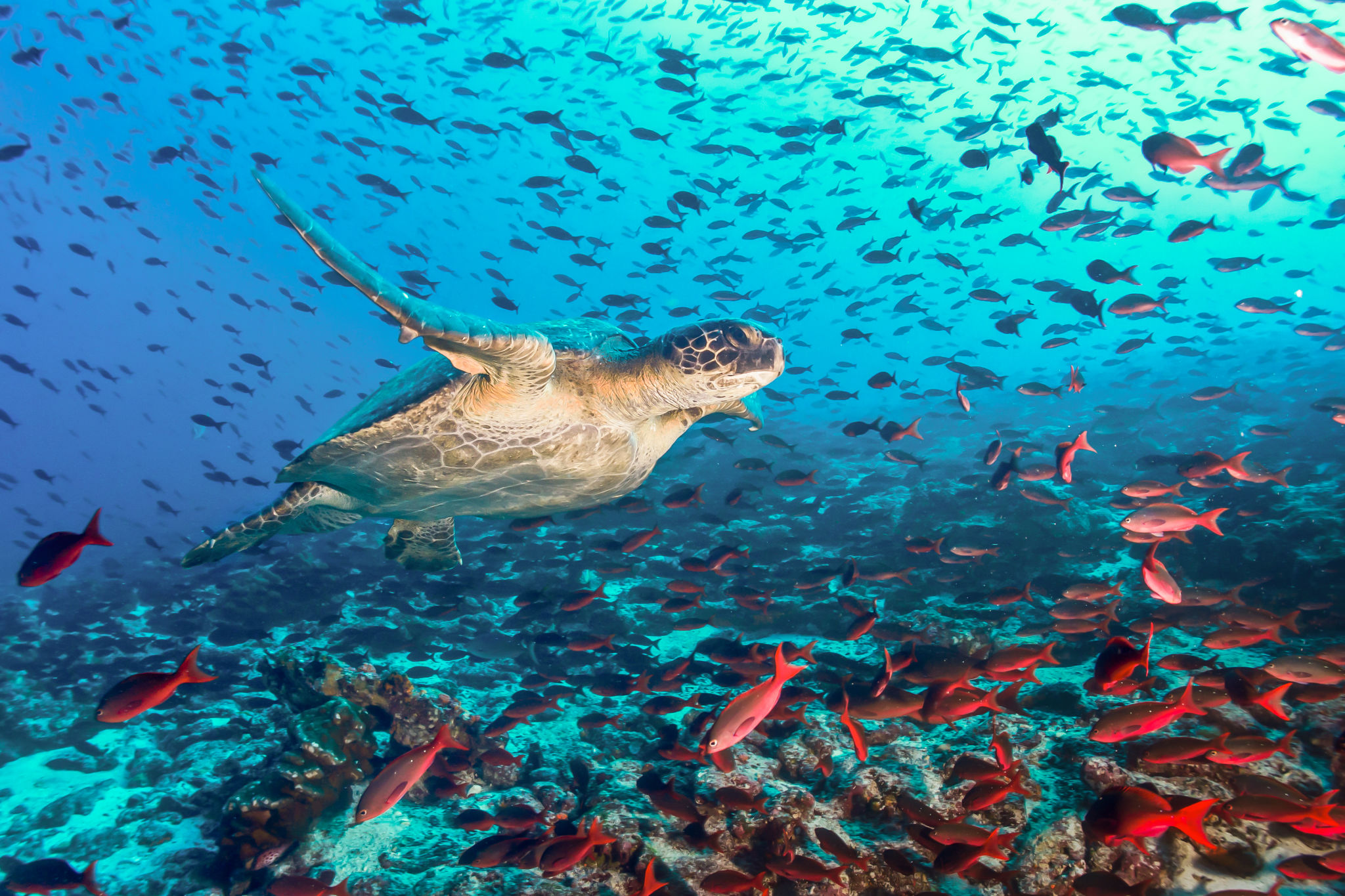Community Initiatives: How Coastal Watch Ghana is Transforming Local Ecosystems
Introduction to Coastal Watch Ghana
Coastal Watch Ghana has emerged as a beacon of hope for the preservation and restoration of marine ecosystems along Ghana's coastline. This grassroots initiative is making significant strides in transforming local environments, advocating for sustainable practices, and engaging communities in conservation efforts. Through a combination of education, community involvement, and innovative projects, Coastal Watch Ghana is setting a benchmark for environmental stewardship in the region.

Community Engagement and Education
One of the core pillars of Coastal Watch Ghana's strategy is community engagement. They recognize that lasting change can only be achieved by working hand-in-hand with the local population. Educational workshops and seminars are regularly conducted to raise awareness about the importance of coastal ecosystems and the threats they face. By educating residents, especially the youth, Coastal Watch Ghana empowers communities to become active participants in environmental conservation.
Moreover, these educational initiatives have led to the formation of eco-clubs in schools, where students learn about marine biology and participate in hands-on activities like beach clean-ups and tree planting. This grassroots approach ensures that environmental consciousness is instilled from a young age, fostering a generation that values and protects its natural heritage.
Innovative Conservation Projects
Coastal Watch Ghana has developed several innovative projects aimed at preserving the coastline. One such initiative is the establishment of marine protected areas (MPAs), which serve as safe havens for marine life to thrive. These MPAs have been instrumental in reviving fish populations, which are crucial for both the ecosystem and local fishermen's livelihoods.

In addition to MPAs, Coastal Watch Ghana has implemented a mangrove restoration project. Mangroves are vital for maintaining coastal biodiversity and protecting shorelines from erosion. By replanting mangroves, the organization not only enhances the habitat for diverse species but also strengthens natural barriers against climate change-induced sea-level rise.
Partnerships and Collaborations
Collaboration is at the heart of Coastal Watch Ghana's success. The organization has forged partnerships with international environmental NGOs, local government bodies, and academic institutions. These alliances provide access to resources, expertise, and funding that are critical for the success and expansion of their conservation projects.
Through these partnerships, Coastal Watch Ghana has been able to implement cutting-edge technologies for monitoring and research. Data collected from satellite imagery and drones help track changes in coastal ecosystems, allowing for more informed decision-making and adaptive management strategies.

The Impact on Local Livelihoods
The impact of Coastal Watch Ghana's initiatives extends beyond environmental benefits; it also positively affects local livelihoods. Sustainable fishing practices promoted by the organization lead to more abundant fish stocks, ensuring food security and economic stability for coastal communities.
Additionally, eco-tourism opportunities have flourished as tourists are drawn to the rejuvenated natural landscapes. This influx of visitors creates new jobs and supports local businesses, further enhancing the economic resilience of coastal areas.
A Vision for the Future
Looking ahead, Coastal Watch Ghana remains committed to expanding its reach and impact. The organization aims to scale up its conservation efforts and replicate successful models in other regions along the West African coast. By doing so, they hope to inspire similar initiatives globally, contributing to a larger movement for sustainable coastal management.
Coastal Watch Ghana's transformative work stands as a testament to what can be achieved through community-driven action, innovation, and collaboration. As they continue to nurture and protect Ghana's coastal ecosystems, they offer a blueprint for others seeking to harmonize human activities with nature.